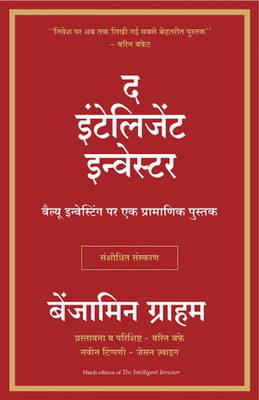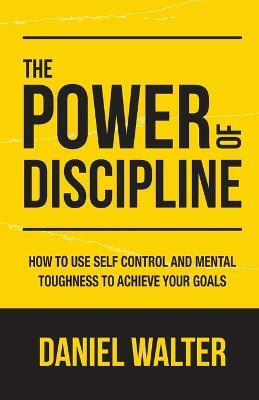

Freedom Sale ends in13 hrs : 39 mins : 01 secs
IGNOU BEGG 173 Academic Writing & Composition | Guess Paper | Important Question Answer |Bachelor of Science (Honours) English (Paperback, BMA Publication)
Share
IGNOU BEGG 173 Academic Writing & Composition | Guess Paper | Important Question Answer |Bachelor of Science (Honours) English (Paperback, BMA Publication)
Be the first to Review this product
Special price
₹252
₹399
36% off
Coupons for you
T&C
Available offers
T&C
T&C
T&C
T&C
Delivery
Check
Enter pincode
Delivery by21 Aug, Thursday
?
View Details
Highlights
- Binding: Paperback
- Publisher: BMA Publication
- ISBN: 9786350945376
- Edition: Latest, 2024
- Pages: 80
Services
- Cash on Delivery available?
Seller
Description
Understanding Academic Writing: Introducing students to the conventions, purposes, and expectations of academic writing in higher education. This may involve discussing the differences between academic writing and other forms of writing, such as creative or professional writing.
Writing Process: Teaching students the stages of the writing process, including brainstorming, outlining, drafting, revising, and editing. This may involve strategies for generating ideas, organizing thoughts, and refining arguments.
Thesis Development: Guiding students in formulating clear and concise thesis statements that articulate the main argument or purpose of their academic writing. This may involve identifying research questions, developing hypotheses, and crafting research objectives.
Critical Reading and Analysis: Helping students develop critical reading skills to analyze and evaluate academic texts. This may involve techniques for summarizing, synthesizing, and critiquing scholarly articles, books, and other sources.
Research Skills: Teaching students how to conduct effective research using library resources, databases, and academic journals. This may involve understanding search strategies, evaluating sources for credibility and relevance, and citing sources correctly.
Academic Style and Tone: Introducing students to the appropriate style and tone for academic writing, including formality, objectivity, and precision. This may involve discussing language conventions, sentence structure, and vocabulary choices.
Read More
Specifications
Book Details
| Publication Year |
|
| Book Type |
|
| Exam |
|
| Number of Pages |
|
| Net Quantity |
|
University Books Details
| Stream |
|
| Degree/Diploma |
|
| Specialization |
|
Additional Features
| Age Group |
|
Be the first to ask about this product
Safe and Secure Payments.Easy returns.100% Authentic products.
Back to top




